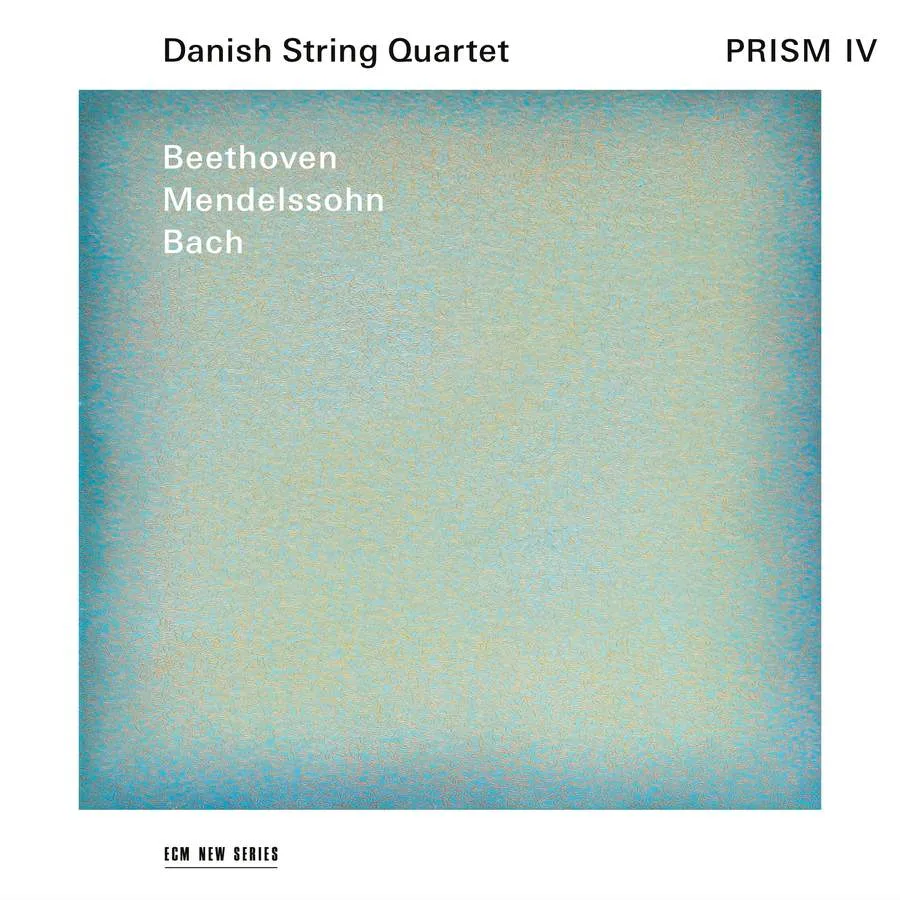
Prism IV JS Bach: Fugue in G minor, BWV 861; Beethoven: String Quartet No. 15 in A minor, Op. 132; Mendelssohn: String Quartet No. 2 in A minor, Op. 13 Danish String Quartet ECM 485 7305 79:48 mins
Take three Danes, one Norwegian cellist, one JS Bach fugue, one late Beethoven string quartet and one work by a later composer, and you have the ingredients for Prism, a five-part series from the Danish String Quartet, superbly recorded by ECM. This is the penultimate recording, centred around Beethoven’s String Quartet No. 15, Op. 132, his 1825 work of thanksgiving composed after months of agonising illness, when he felt himself on the brink of death, but from which he recovered. It’s aptly paired with another work in A minor, Felix Mendelssohn’s String Quartet No. 2, Op. 13. The 18-year-old composer, who already had his brilliant Octet behind him, wrote the piece in 1827, just a few months after Beethoven died at the age of 56.
Beethoven was clearly on Mendelssohn’s mind, not least in the way he links the individual movements of his quartet with a cyclical motif, taken from his song, ‘Ist es wahr?’(Is it true?). And in these performances – balanced, intense, and humane – the influence of the slow movement of Beethoven’s Op. 132 on Mendelssohn’s Op. 13 sings through, particularly in the shared opening hymns of gratitude.
Bach’s contrapuntal genius, well established by the opening track with an arrangement of the Fugue in G minor from the Well-Tempered Clavier, Book 1, echoes in both works; he was formative for both composers. There are many versions of the Beethoven to choose from, yet this performance stands tall among them, an interpretation that balances introspection and drama, wisdom and freshness.
Rebecca Franks
More reviews
On the Radio: BBC Sessions 1971
Night, Stories of Lovers and Warriors: selections from Monteverdi’s Madrigals Books 6 and 8
